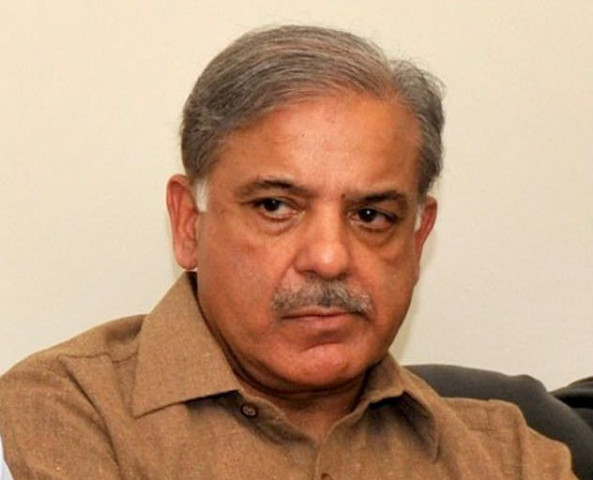Survey findings: Punjab scores well for good governance
PILDAT releases scorecard based on a nationwide survey

Punjab came out on top in terms of the governance track-record of the provincial government, a survey released by the Pakistan Institute of Legislative Development and Transparency (PILDAT) revealed on Tuesday.
Meanwhile, Khyber-Pakhtunkhwa (K-P)’s provincial government has not been able to register the same level of positive governance evaluation as the Punjab government. It stands second among the four provinces.
Over the past one year, the Pakistani public has seen glimpses of the federal government’s policy agenda and initiatives for improved governance in the country, the survey said.
PILDAT released the score card on quality of governance based on a nationwide survey.
The survey was commissioned by PILDAT and conducted by Gallup Pakistan to gauge public opinion on quality of governance across Pakistan upon the completion of the first year of national and provincial governments elected through the May 2013 general elections. The nationwide poll was conducted from July 16, 2014 until August 6, 2014 to obtain public opinion on core indicators on quality of governance across national and provincial governments. The respondents for the survey included 3,065 citizens from rural and urban areas from all the four provinces of Pakistan.
Nationwide public perception on performance of four chief ministers shows that the chief minister of Punjab received the highest rating with a Net Performance Rating (NPR) of 33 per cent.
The governance performance has been positively evaluated on three indicators – immunisation of children, national security and foreign policy.
The PML-N-led government has garnered strong positive assessments of its national security performance. The government’s efforts to strengthen the country’s national security has been well-received by the Pakistani public. Given Pakistan’s on-going struggle against violent militancy, this positive score reflects the public’s expectation that the government can succeed in purging rampant terrorism and violent militancy in the country.
Out of the four provinces in Pakistan, Punjab scored significantly better in terms of the governance track-record of the provincial government.
Much has been made of the Punjab government’s focus on improving the educational infrastructure and services in the province. At present, the government’s reforms and projects in Education garnered an NPR of 27 per cent, the highest of all four provinces. Unlike any other government in the country, the Punjab government is the only one to have achieved a positive NPR in health care. In total, the Punjab government generated positive governance NPRs in 14 out of the 27 indicators studied for the four provinces.
Published in The Express Tribune, September 3rd, 2014.



















COMMENTS
Comments are moderated and generally will be posted if they are on-topic and not abusive.
For more information, please see our Comments FAQ